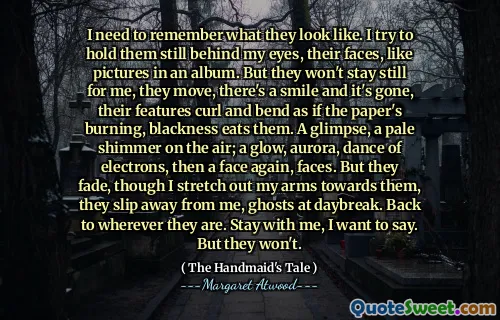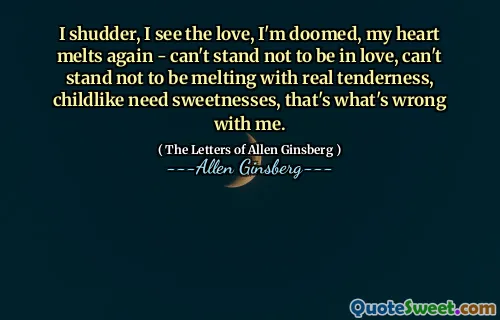I remember a television program I once saw {...} I must have been seven or eight, too young to understand it. It was the sort of thing my mother liked to watch: historical, educational. She tried to explain it to me afterwards, to tell me that the things in it had really happened, but to me it was only a story. I thought someone had made it up. I suppose all children think that, about any history before their own. If it's only a story, it becomes less frightening.
The protagonist recalls a childhood memory of watching an educational television program with her mother, who loved historical content. Although her mother tried to explain the real events depicted, the young girl perceived it merely as a fictional story. This illustrates a common childhood perspective where historical occurrences seem like mere tales, making them feel less intimidating. Such a viewpoint reflects how children often detach from the gravity of past events due to their limited understanding.
This passage emphasizes the contrast between a child's grasp of history and the adult comprehension of factual narratives. The protagonist's innocence in believing that past events are fabricated highlights a natural coping mechanism to shield herself from the fears associated with history. By distancing herself from the reality of these events, she can approach them with less anxiety, exemplifying a child's need for comfort in the face of uncertainty.






